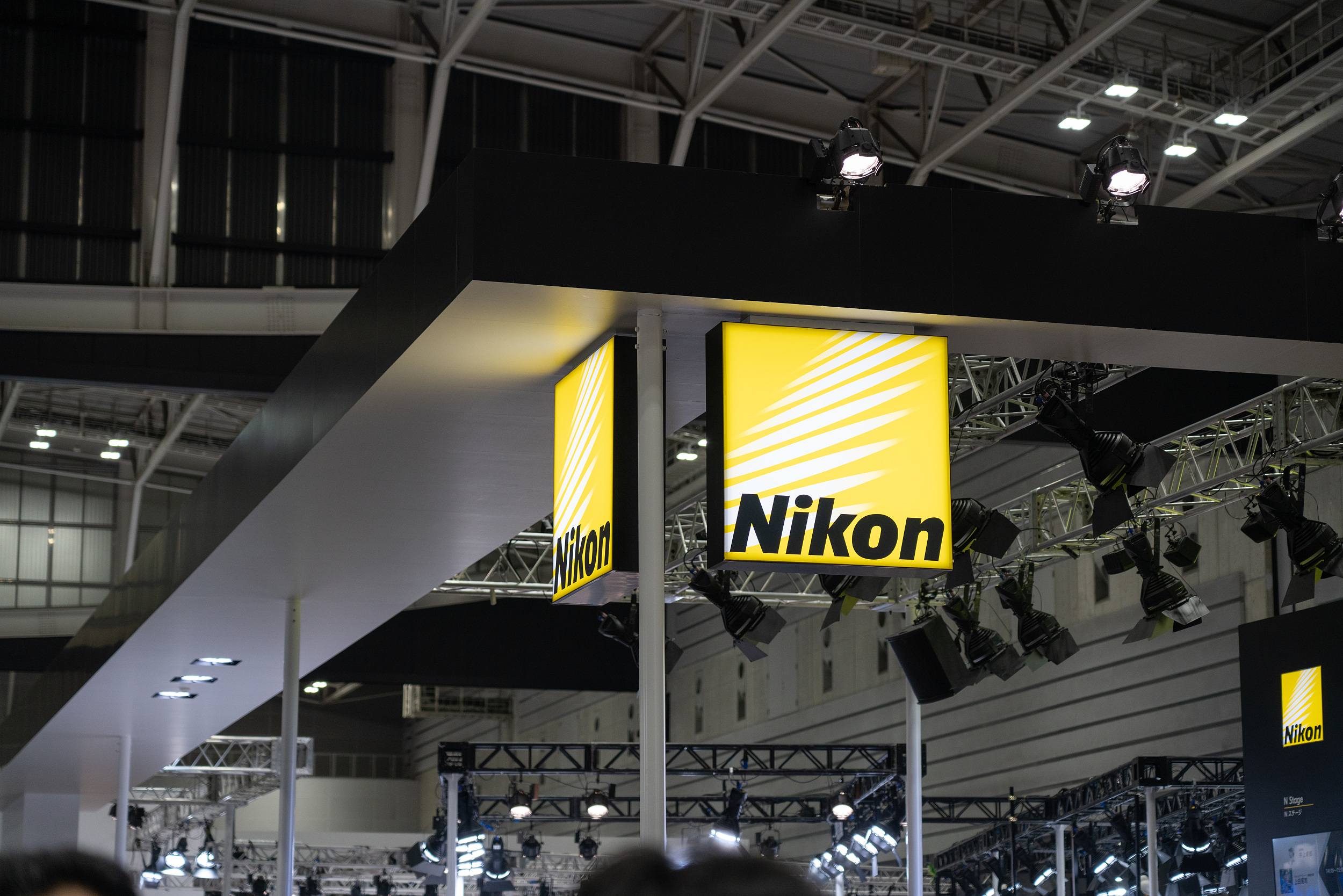japan should correct its detrimental exports policy

if japan's new restrictions on advanced semiconductors come intoeffect, it will certainly affect nikon'simmersion business.(photo: vcg)
edited by gong qian
the japanese government officially announced on may 23 that it will add 23 items related to advanced semiconductors to its list of regulated exports. japan has not singled out china in its statements about the export controls, saying only that it is fulfilling its duty to contribute to international peace and stability.
but the regulation, expected to take effect on july 23, stated that in addition to exporting to 42 friendly countries and regions, exports to other countries and regions need to be approved by japan's minister of economy, trade and industry on a case-by-case basis.
however, according to the agreement signed by the u.s. and japan, it is basically impossible for these devices to be exported to the chinese mainland.
the move obviously follows similar restrictions imposed by the u.s. last october, to put a brake on china's development of cutting-edge semiconductors.
the japanese government, has however, stopped short of introducing the kind of wide-ranging regulations adopted by the u.s., apparently considering the magnitude of the impact such steps would have, and narrowed down the target products, said japan times.
"japan disregarded china's strong opposition and the industry's opinions, and insisted on introducing semiconductor export control measures, which seriously violated international economic and trade rules and damaged the foundation of industrial development," said china's commerce minister wang wentao.
judging from the current degree of dependence of japanese semiconductor equipment companies in the chinese market, restricting exports to china is undoubtedly a detrimental move.
the restrictions on transactions will cause a deterioration in the business performance of japanese manufacturers with a high share of china-bound shipments in their overall exports, according to japan times. about 10 japanese manufacturers, including tokyo electron, nikon, and screen holdings, will be affected to some extent by the new regulations.
according to south china morning post, tokyo electron expects that sales in china will exceed 30 percent in 2024 due to the growing mature node market in china. but now, it is unpredictable. in fact, tokyo electron expects its annual revenues to fall 23 percent from a year earlier to 12.3 billion usd, though its executives declined to comment on how much of the decline was a result of the measures, financial times reported.
though nikon said it did not anticipate any impact from japan's export controls for the current 2023-2024 fiscal year, if the restrictions come into effect, they will certainly affect nikon's immersion business.
a nikon spokesman told reuters that sales of two instruments are likely to be affected. nikon currently offers two types of immersion systems.
trade and economic cooperation used to be the "ballast" of china-japan relations. despite the impact of internal and external environmental changes, the world's second and third largest economies still have the potential to tap cooperation.
what is pressing now is for japan to return to a rational and pragmatic strategic thinking on china and pursue an open and inclusive policy of trade and economic cooperation with china.
